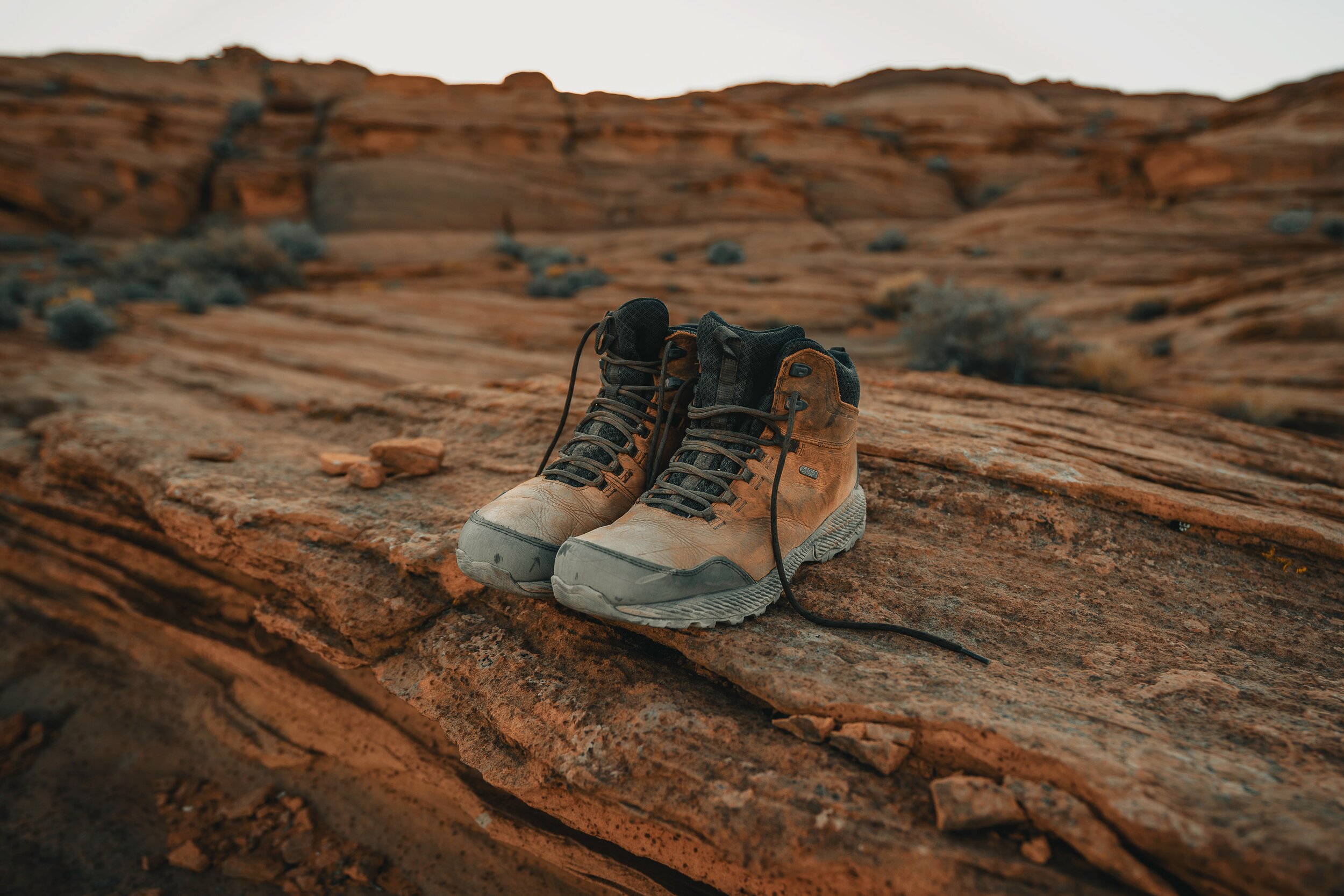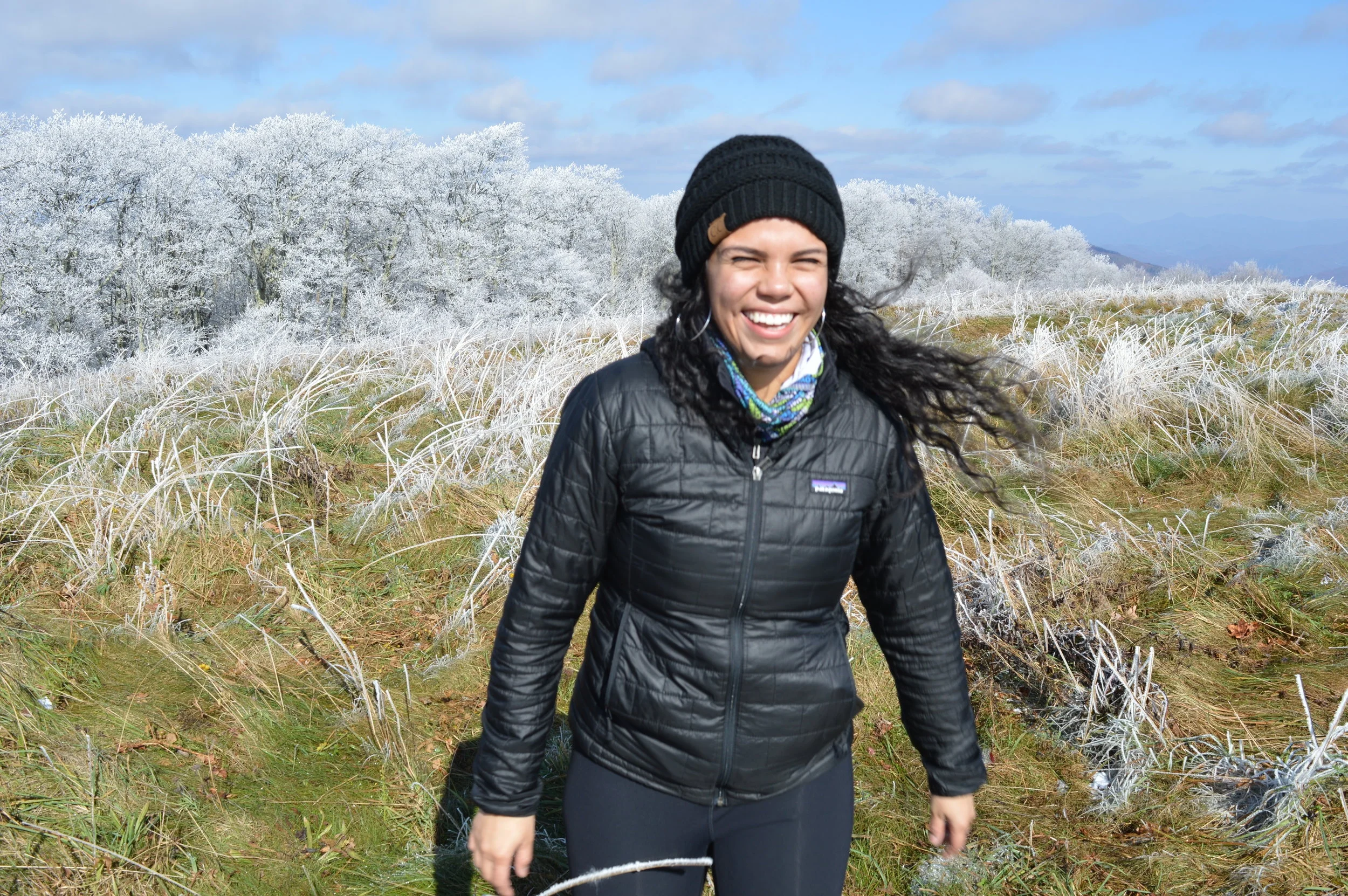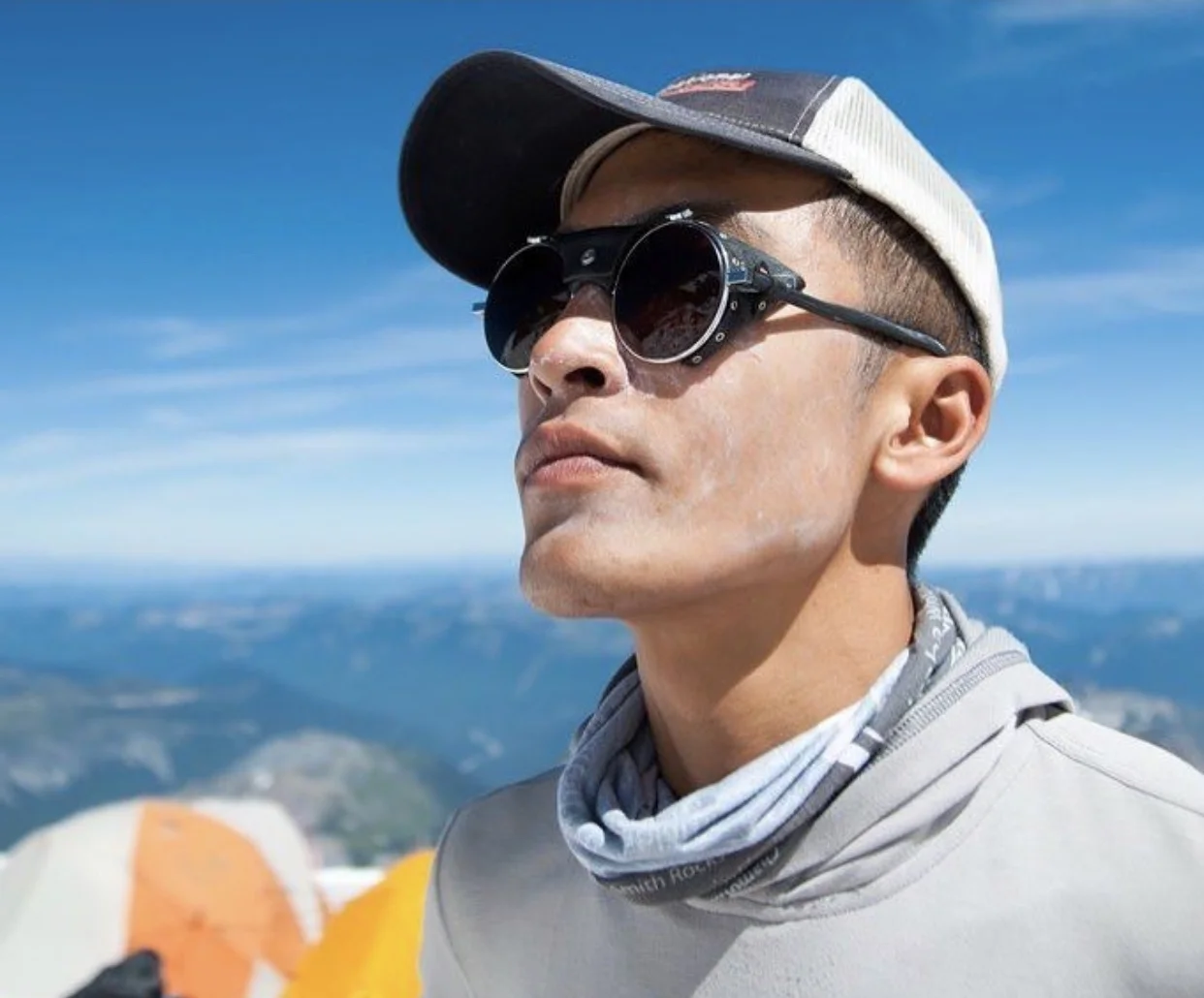Dear Outdoor Industry: Stop Exploiting People of Color for Unpaid Diversity, Equity and Inclusion Work
Photo by Clay Banks on Unsplash
I was used. Plain and simple.
Yes, as a Black man. Yes, during a period when the state sanctioned violence perpetuated against Black bodies is being highlighted on national news networks. And yes, when over 30 million people in the United States are unemployed. I am one of them.
Where do I begin?
This past June, I had just lost my job due to pandemic related reasons. Two weeks later, I was offered two positions in the Outdoor Industry. Jackpot! I was now the Chairman of the Diversity, Equity, and Inclusion Committee and Marketing Coordinator for Gearmunk’s Thin Air Show. Jenna Celmer, the co-founder of BaseCamp and the Outdoor Dream Jobs Podcast had originally reached out to me for the positions. She has not only been a supportive and kind friend, but an ally.
The Thin Air Show is a virtual outdoor media show where outdoor enthusiasts of all kinds can connect with each other, brands, and influencers alike. The show was to run in June 2020, but was re-scheduled for September due to nationwide protests following the killing of George Floyd. The founder of Gearmunk wanted “to ensure we do not take focus away from long overdue conversations" about racism.
As the Chairman of the DEI Committee, I was working with passionate outdoor enthusiasts from our BIPOC and LGBTQ+ communities. In every meeting, we were intentional in making the Thin Air Show a safe space. In every meeting, we spoke of the horrors of racism, tokenism, and the many -isms that riddle the white-male dominated industry. We were solution-driven and understood the importance of our work. We shared our individual stories and learned about what it meant to be a member of a marginalized demographic within the outdoor industry.
My goal as a Marketing Coordinator was to listen to the stories of those who have historically been silenced and ignored. I had the pleasure of reaching out to over 200+ outdoor enthusiasts. Reading about their experiences really made me understand just how much work needed to be done in order for the outdoor community to make drastic changes. I was glad that they were finally being heard. Their voices were going to be amplified in a virtual event that included over 400+ media outlets and 1000+ influencers.
On top of making sure that all outdoor enthusiasts can have access to the outdoor industry, I got to connect with roughly 100 nonprofits protecting those wild places. There is a direct link between outdoor recreation and conservation. We also had Ambassador Programs set up for people to connect with their favorite brands. As a Black outdoor enthusiast, stepping into this industry without knowing anyone wasn’t a walk in the park. Nevertheless, I was excited about these initiatives.
So what went wrong?
Photo by Thomas Allsop on Unsplash
Do you remember those “long overdue conversations about racism” that postponed the Thin Air Show? Looks like Gearmunk didn’t really sit in on the conversation about systemic oppression, gaslighting, tokenism, microaggressions, performative allyship, and learning what it means to stand up for racial justice. If we as BIPOC were taken seriously, Gearmunk employees, like myself, wouldn’t have to fight tooth and nail for the thousands of dollars that we are owed which are unaccounted for. Gearmunk also owes members of the DEI Committee a total of $3,000. Yeah, this is no joke.
I could go on and on about the many issues that went down over the past few months. Instead, I want to tell you about what steps can be taken so that this industry can grow from this experience.
If you are an outdoor enthusiast, a founder of a nonprofit or company, an entrepreneur, or work in the outdoor industry in any capacity, listen up!
STOP USING US.
Stop using us for your marketing. If you’re pushing for a diverse audience, add color to your internal team before you add Black and Brown faces to your website, Instagram, brochure or catalog. The people behind the lens, in senior executive meetings, and beyond need to be as reflective of the outdoor community as the image that you wish to present to the public. Don’t just look diverse on social media. Be diverse, and create an internal climate where people from historically marginalized groups are respected, listened to and given the opportunity to implement their ideas.
Be upfront and transparent. If you say you are going to pay us, pay us. We are not here for free labor.
Stop using our kindness against us. We are still being used even after protests against racial injustice have swept the entire globe. Many outdoor companies are reflecting on their values. This is a critical time during which companies like Gearmunk can say “we messed up,” listen to the people they’ve wronged and make changes that will allow them to move forward on a different path. That requires acknowledging that mistakes were made and following that up with actionable steps.
Make a promise. Better yet, make a pledge, the Outdoor CEO Pledge. Teresa Baker, the founder of The Outdoor CEO Diversity Pledge, is connecting leading outdoor brands with inclusion advocates to advance representation for people of color across the industry. Join this group of change makers who see that there is hope and growth in the outdoor industry.
Learn about the implicit biases and preconceived notions that prevent your company from moving forward. Instead of defending your all-white senior executive team, or all-white mid-level managers or the fact that you only collaborate with white creatives, white talent and predominantly white ad agencies with excuse after excuse, own up to the fact that you subconsciously made decisions to surround yourself and work with people who look like you. That is your comfort zone. Want to break out of it? Want to appeal to a wider customer base? Want to truly do the work? Step one is publicly acknowledging that your organization has work to do. Next, learn how to practice what you preach through workshops focused on cultural awareness, leadership development, and soft-skill development.
Listen to what BIPOC employees, athletes, ambassadors, and everyday outdoor enthusiasts have to say about their experiences and the conditions required for their communities to feel accepted.
Graybeard Mountain Trail on Tsalaguwetiyi and S’atsoyaha land
As a new climber, I’ve seen a lot of positive movement in the climbing community. With route names still riddled in hate speech, I’m excited about what Climb the Gap is doing to make the climbing community safer and more inclusive. Another great example is how Evolv athlete Ashima Shiraishi, who is releasing the Zenist shoe to advance diversity and inclusivity in climbing. This is barely scratching the surface. There are thousands of avenues that we can take as individuals and organizations if we choose to be mindful and intentional about DEI work. There are also affinity groups and BIPOC leaders who have been working in this space for years with very little resources. Work with them, not around them. Acknowledge their leadership in this space.
This experience has given me insight as an entrepreneur on what I need to do in my personal life and public life to ensure I move forward as well. I’m grateful that I’ve been able to connect with a diverse community of people in the outdoors. I’m grateful that although this path has closed, through this experience I became aware of other opportunities to do the work. Without being exploited by Gearmunk, I wouldn’t have gained the first hand experience to truly understand what BIPOC face every day in countless industries.
Graybeard Mountain Trail on Tsalaguwetiyi and S’atsoyaha land
To Gearmunk and every other outdoor company/nonprofit/institution, I say, own up to what you’ve done. You’ve taken major steps back, but that doesn’t mean there isn’t room for growth. I’d rather have a company that messed up, publicly own up to their mistakes and transform for the better than a company that refuses to learn or change.
I am not deterred from pursuing my goals in the outdoor industry. If anything, I’m learning to be grateful for the many opportunities ahead to pursue social justice with every step I take in this industry. These events are a catalyst for me to say “I am here and I’m making space for myself and others to enjoy what the outdoors has to offer.”











If we as BIPOC were taken seriously, Gearmunk employees, like myself, wouldn’t have to fight tooth and nail for the thousands of dollars that we are owed. Gearmunk also owes members of the DEI Committee a total of $3,000.